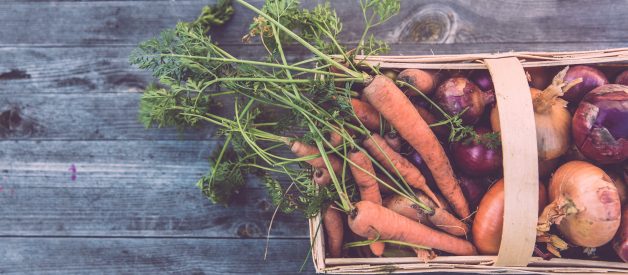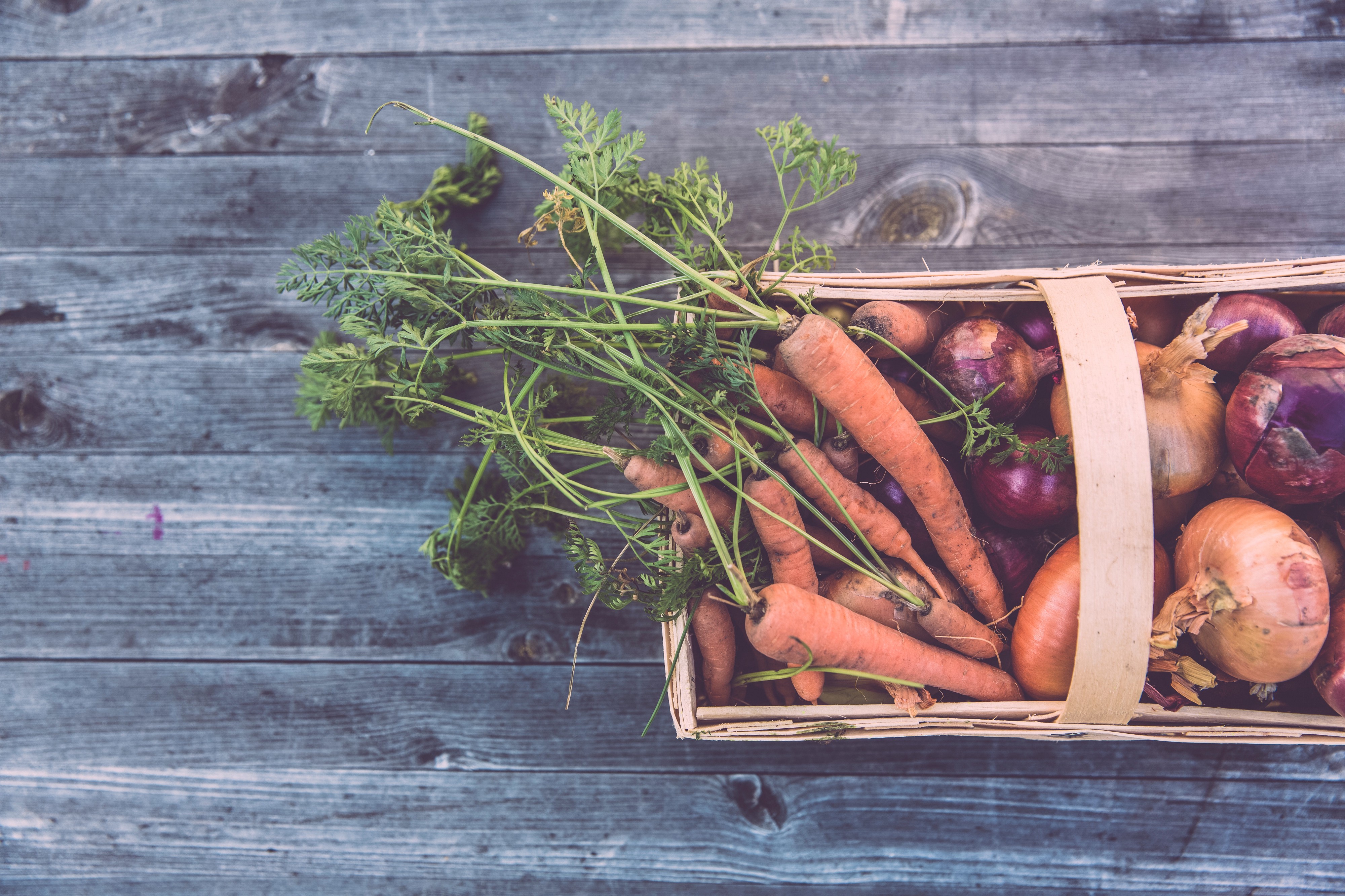
What if the food we eat could not only nourish our bodies, but also reverse climate change and ultimately save the world?
Is it possible that this perfect human diet exists?
Josh Tickell ? one of the leading experts in the fields of health, climate and alternative energy ? says yes.
He details this optimal diet in his new book Kiss the Ground (which is soon to be a full-length documentary executive produced by Leonardo DiCaprio and narrated by Woody Harrelson).
Tickell says that the food we eat has the ability to improve our health while simultaneously regenerating the soil and helping to reverse global warming.
The diet primarily follows the guidelines set forth in the Harvard Healthy Eating Plate (the official dietary advice from Harvard doctors and medical professors), specifically:
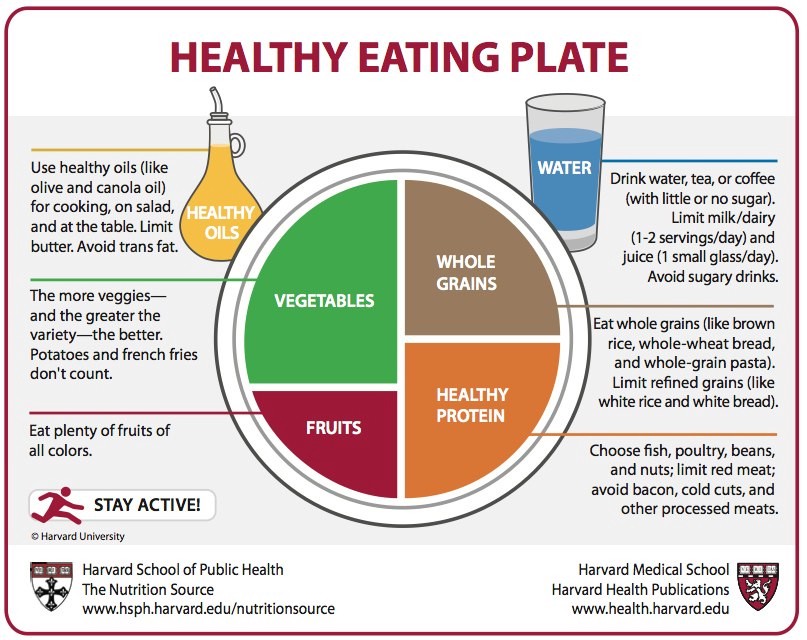
Ensure at least 1/2 of your meal is vegetables and fruit
Aim for color and variety. Potatoes don?t count because of their impact on blood sugar. The average American currently only gets about 12% of his or her calories from from vegetables, and most of that is from potatoes.
Make whole grains 1/4 of your plate
Whole grains ? including whole wheat, barley, wheat berries, quinoa, oats, brown rice, and whole wheat bread and pasta ? have a milder effect on blood sugar than white bread, white rice, and other refined grains.
Make protein 1/4 of your plate
Fish, chicken, beans, and nuts are all good options. Limit red meat, and stay away from processed meats such as bacon, sausage, and cold cuts.
Eat healthy plant oils in moderation
Choose healthy oils such as olive, canola, soy, corn, sunflower, and peanut, and stay away from partially hydrogenated oils which contain unhealthy trans fat.
Drink water, coffee, or tea
Avoid sugary drinks and limit milk/dairy (1?2 servings per day) and juice (1 small glass per day).
Tickell says this spells out the basic portions of the healthiest diet, but it is missing one key component to set off a chain reaction of building the soil and sequestering carbon dioxide in the ground.
He says this is the one missing line of text:
?Do your best, your very best, to make sure the items on the plate are sourced from certified organic, or better yet, regenerative organic farmers.?
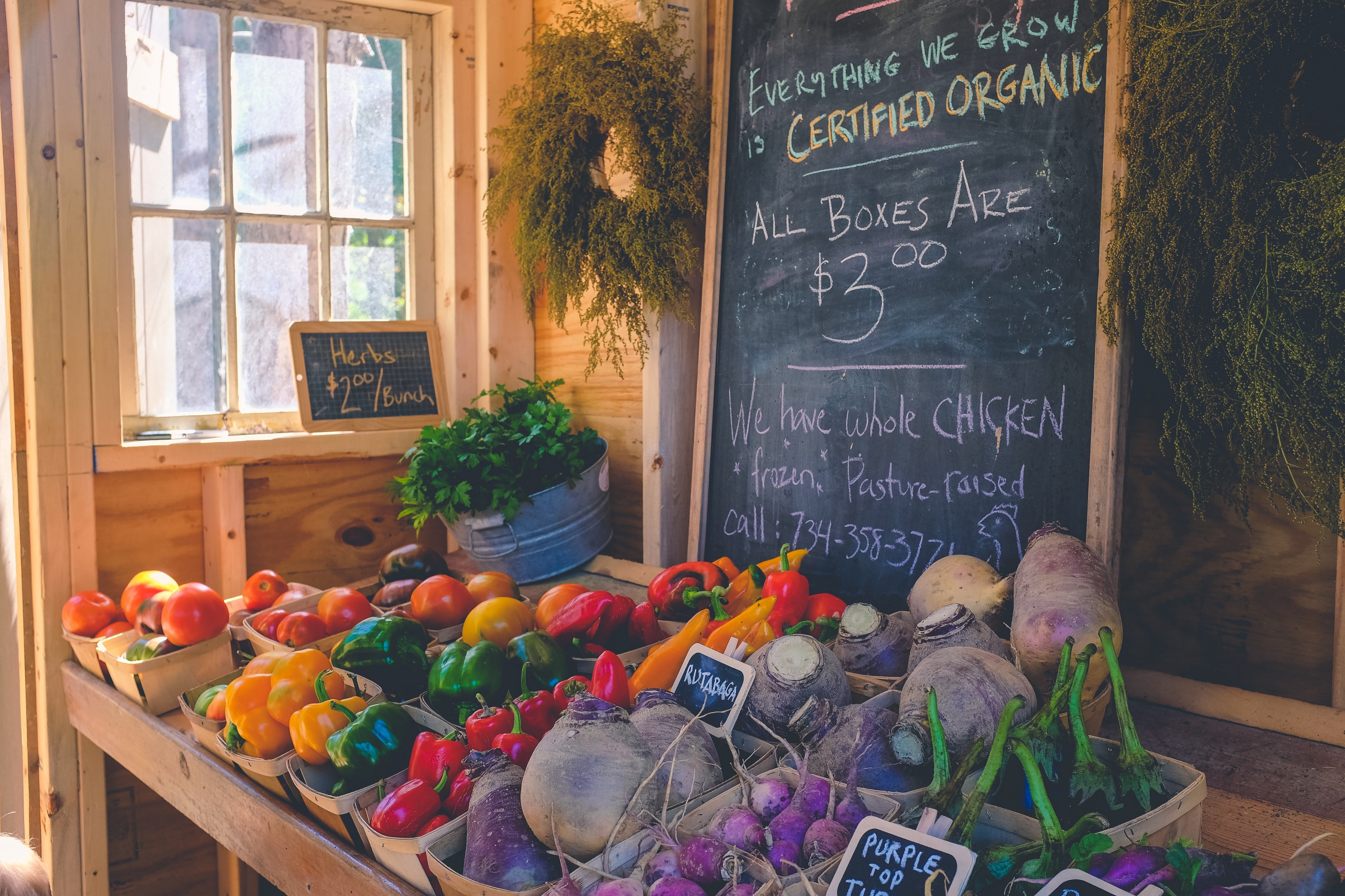
A regenerative diet is the ultimate human diet.
A regenerative diet heals both our bodies and the planet.
Food that is grown in a regenerative way builds soil fertility. It naturally increases carbon, nitrogen, and water in the soil while simultaneously producing copious amounts of nutrient-dense food, by adhering to the following farming principles:
- Use the least amount of mechanical disturbance to the soil as possible, including no (or minimal) tillage.
- Cover the soil with a living plant at all times.
- Rotate crops.
- Avoid all sprays.
- Ensure crop diversity.
- Ensure animals are raised humanely, on pasture.
- Intelligently manage and integrate cows on the land – Manure is credited as the ?secret sauce? when it comes to building soil on a large scale. We need cows and their manure to make enough compost to stabilize the soil.
This is all in stark contrast to much of our modern, industrialized, monocrop-based agriculture, which depletes both the soil and the nutrients we need.
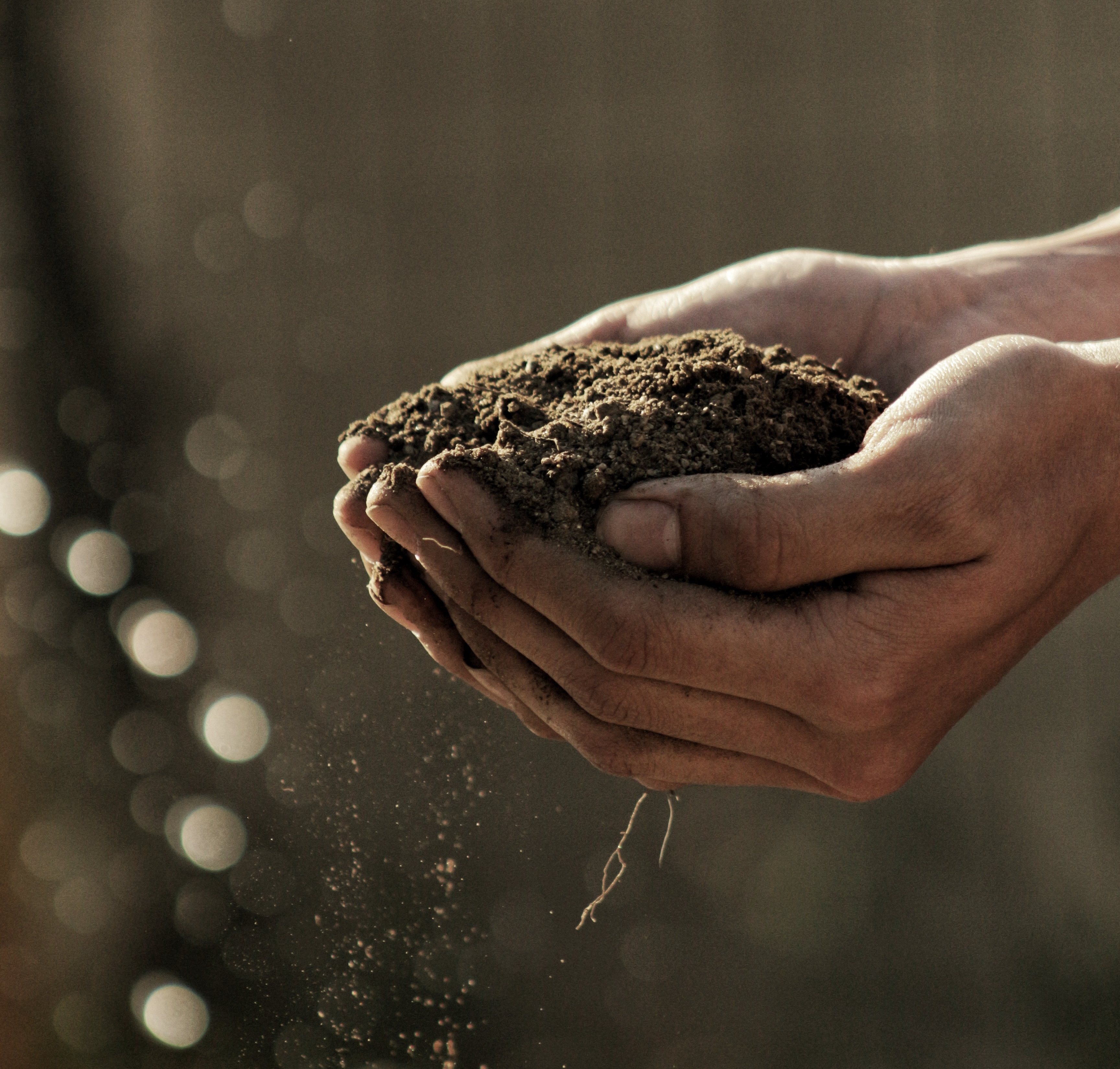
Ultimately, soil health is the critical piece in order to grow our food in the quantities needed to sustain humanity, and to sequester much of the carbon dioxide that we have emitted into the atmosphere.
?Every single thing you put in your mouth (that is food) needs soil,? says Tickell. ?It is quite simply the basis for all aboveground life on our planet.?
Therefore it is essential that we nourish the soil, and Tickell says our daily food choices have more power to yield this result than anything else we do.
The food choices of 98% of the population (the eaters) dictate what the other 2% (the farmers) grows.
Therefore, by committing to a regenerative diet ? combining the Harvard Healthy Eating Plate with products that have been grown in a regenerative way ? we, the eaters, have the power to change the food system in a way that improves our bodies and our Earth.
